Many people believe that eating fat will raise our cholesterol and pack on the pounds. But is this true? And is all cholesterol bad?
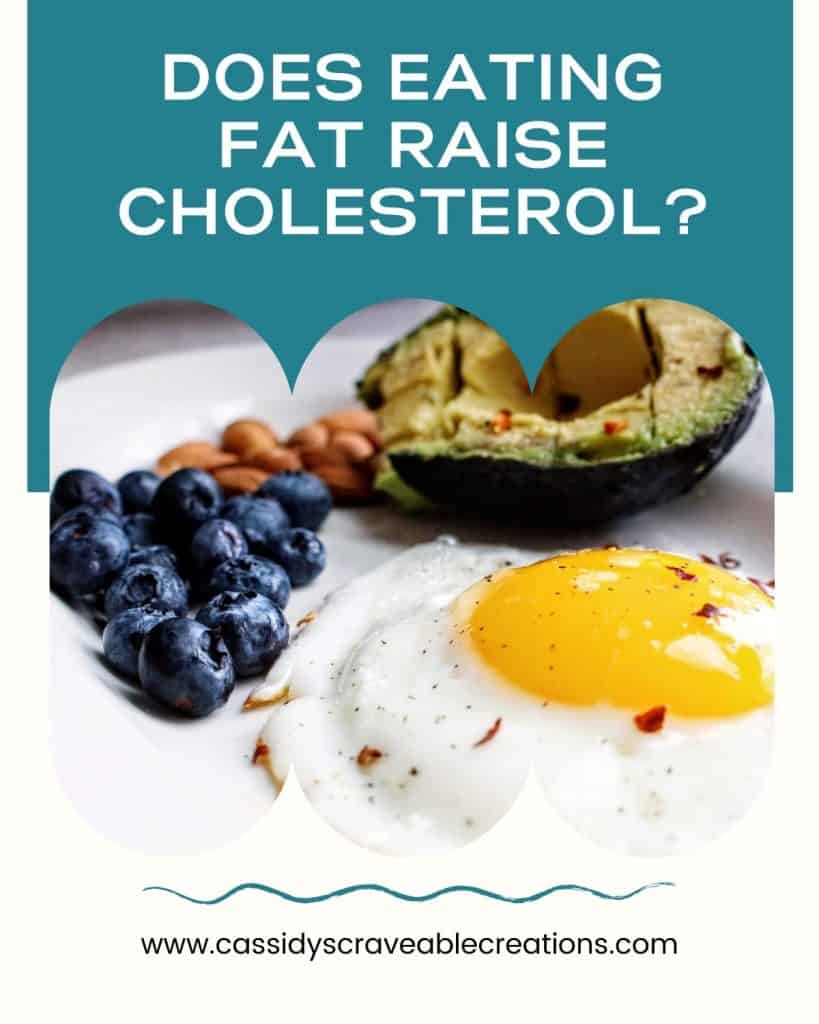
All of this information came from my Keto & Intermittent Fasting Coaching Course from Dr.Berg. This is for informational purposes only and is not intended to serve as a substitute for the consultation, diagnosis, and/or medical treatment of a qualified healthcare provider.
What is cholesterol?
Cholesterol is a waxy substance found throughout the body.
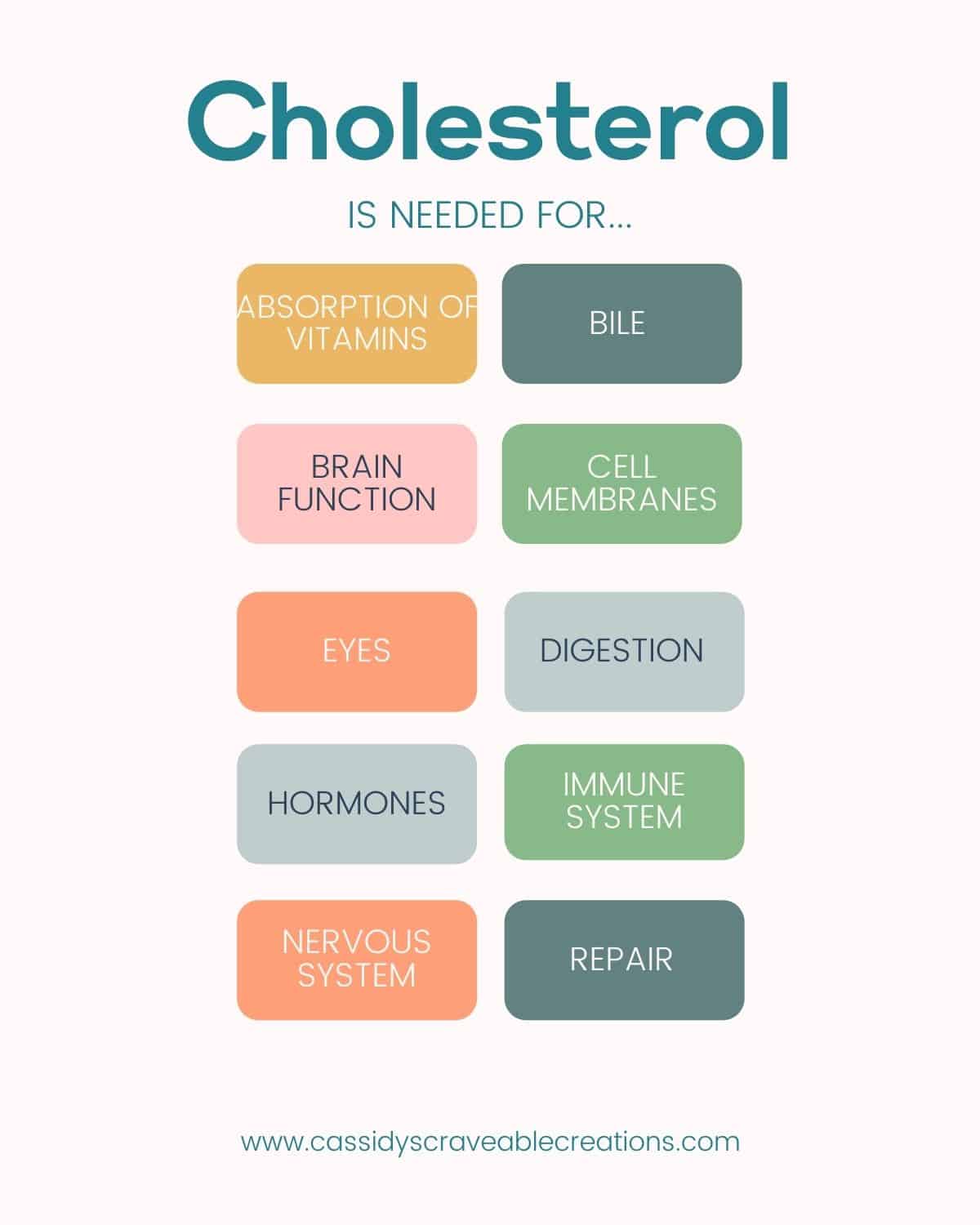
Cholesterol is needed for:
- absorption of fat-soluble vitamins
- bile
- brain function
- cell membranes
- eyes
- digestion
- production of hormones (estrogen, sex hormones, testosterone, etc..)
- immune system
- nervous system
- repairing the cells and blood vessels
- vitamin D production and more!
Cholesterol is so vital that our bodies actually make a lot of it - about 3,000 mg of cholesterol every single day. This is equivalent to about 1 lb of butter or 14 eggs!
There are no studies that show that eating cholesterol (which is commonly found in fats such as eggs, red meat, & full-fat dairy), will increase your blood cholesterol.
What happens is that when you eat cholesterol, your body just makes less.
What are the risks of low cholesterol?
Having low cholesterol is actually much more dangerous than if it were high! Low cholesterol can cause:
- cancer
- decreased cognitive function
- decreased hormone production
- depression
- heart problems
- immune system problems
- increased risk of infections
- increased risk of suicide
- memory problems
- nutrition deficiencies, and more!
What is HDL and LDL
LDL and HDL are simply shuttles that carry cholesterol.
HDL (commonly referred to as "good" cholesterol) is a protein that carries cholesterol from the blood vessels and cells back to the liver for recycling.
LDL (commonly referred to as "bad" cholesterol) is a protein that carries cholesterol from the liver to the cells and blood vessels.
But not all LDL is bad! It is vital in repairing cells and blood vessels and can act as a band-aid to help heal damaged areas in the body.
It can be compared to firemen at the scene of a fire. While they are at the crime scene, they aren't the cause. They are there to help.
LDL can be one of two things: Type-A Pattern or Type-B Pattern.
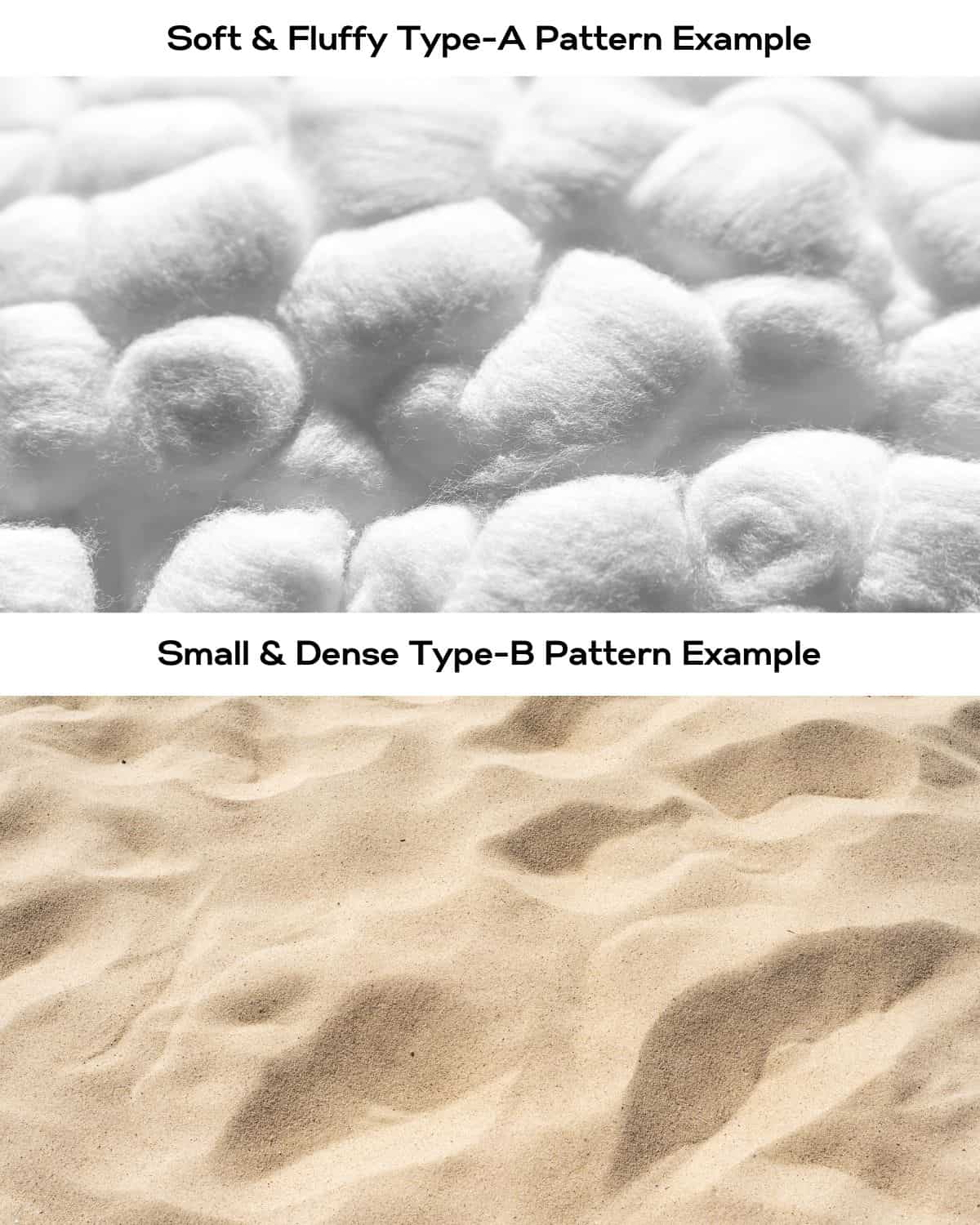
Type-A Pattern is large, fluffy, and is non-plaquing.
Type-B Pattern is small, dense, sticky, creates plaquing, and is what really does damage.
So how do you know what kind you have?
If your triglycerides are low with high LDL and high HDL, this means you have type-A. So you're good, regardless of how high your cholesterol is!
You get more Type-A LDL by consuming healthy fats without carbs.
If your LDL is high, triglycerides are high, and HDL is low, then chances are you have type B.
You get more Type-B LDL by consuming sugar, vegetable oils, GMO, grains, having high cortisol (stress), and having high blood sugar.
Sugar is also what causes high triglycerides. If you're eating more carbs than are needed for energy - regardless if they come from “healthy” carbs or “junk food” carbs – they are stored in the body as glycogen, and eventually, as triglycerides.
What causes high cholesterol?
High amounts of carbs and sugar cause high LDL type-B pattern cholesterol - the bad kind!
When you combine carbs or sugar with fat, you increase insulin. So, you never want to combine fats with sugar.
However, eating low-carb and higher fat will not spike insulin or increase cholesterol. In fact, it can help you lose weight, reverse insulin resistance, improve HDL and type-A LDL, and decrease triglycerides!
To learn how to start a low carb higher fat (keto) diet see my Keto Diet Page. Or browse all of my Keto Resources!
Healthy fats
Even though eating fats will not raise cholesterol, you still need to be picky about the types of fats you eat.
When choosing fats, I recommend eating healthy fats, not trans fats which are generally unhealthy and inflammatory.
Healthy fats not only help with good cholesterol, but they also help with vitamin and mineral absorption, brain function, blood sugar, blood pressure, energy, and they keep you full and satisfied.
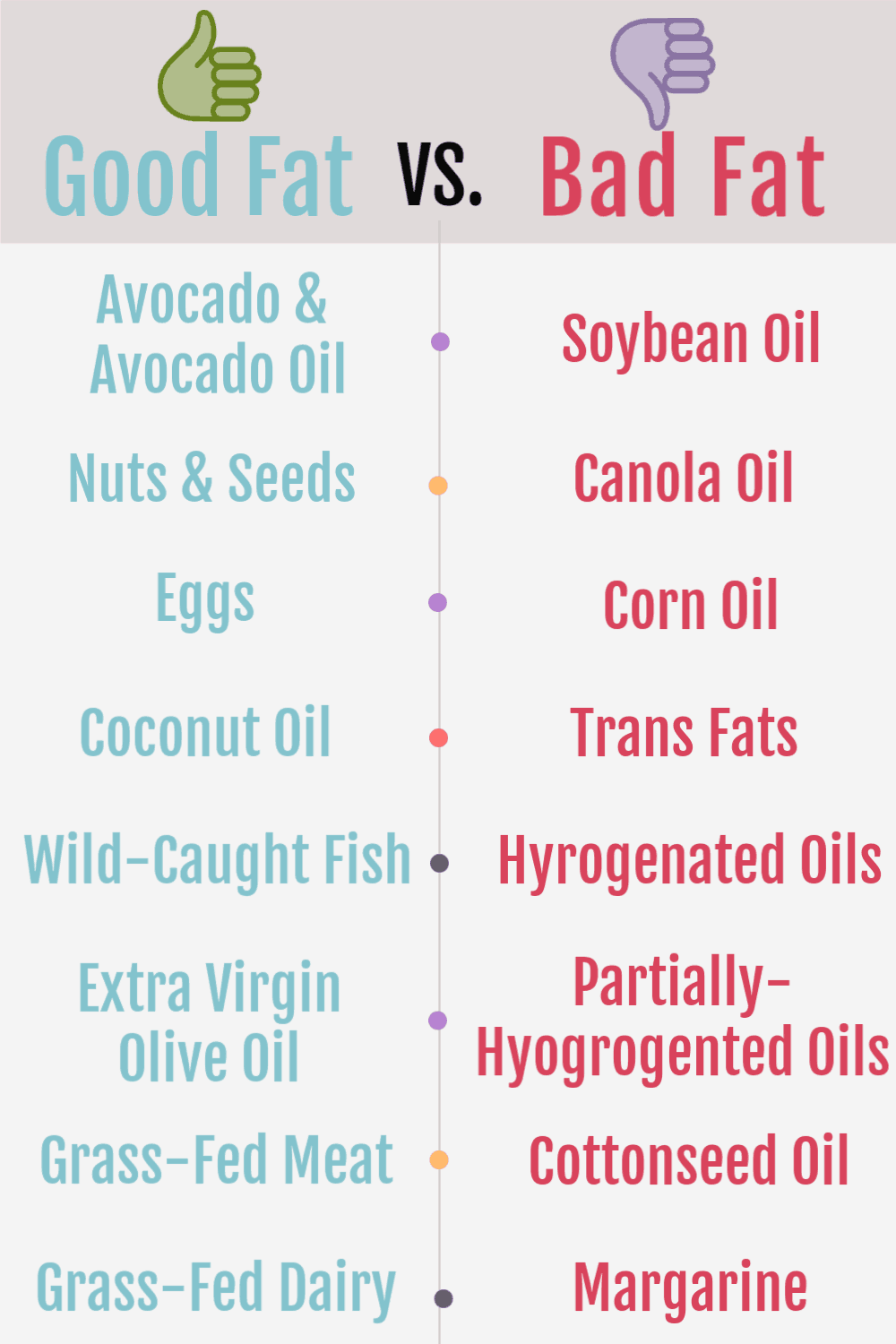
Some healthy fats include:
- avocado
- coconut oil
- olive oil
- nuts
- free range eggs
- wild caught fish
- grass fed meat
- grass fed dairy, etc...
Does keto cause high cholesterol?
Some people may notice a temporary spike in cholesterol when starting keto.
This is because when you lose weight and fat is released, the cholesterol and triglycerides stored in the fat will also be released.
However, this is temporary and will quickly go back down to normal.
Summary
Cholesterol is vital to your body. So much so that it makes 3000mg every single day! In fact, low cholesterol is much more dangerous than high cholesterol.
When you eat dietary cholesterol, your body simply makes less.
The only kind of bad cholesterol is Type-B LDL and is increased by consuming sugar, vegetable oils, GMO, grains, having high cortisol (stress), and having high blood sugar.
The good kinds of cholesterol (Type-A LDL & HDL) are increased by eating quality fats without carbs.


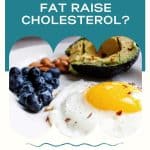
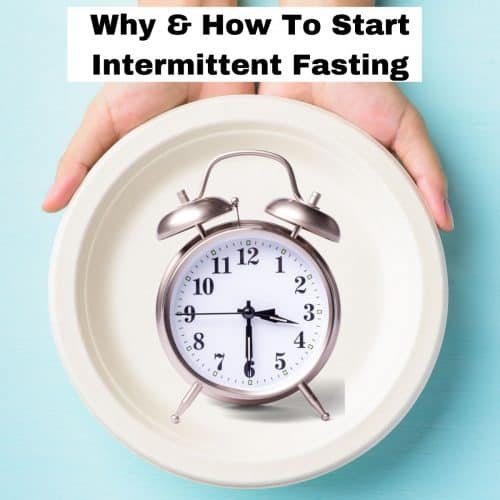
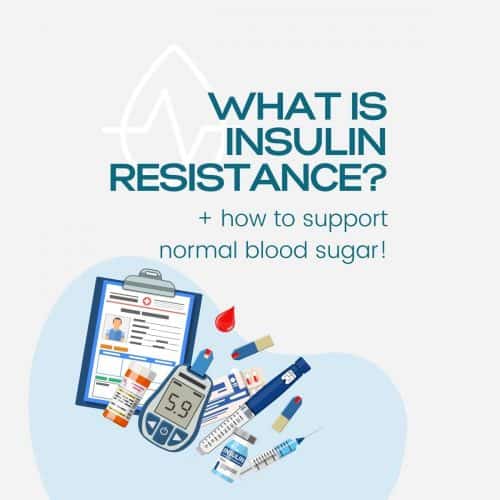
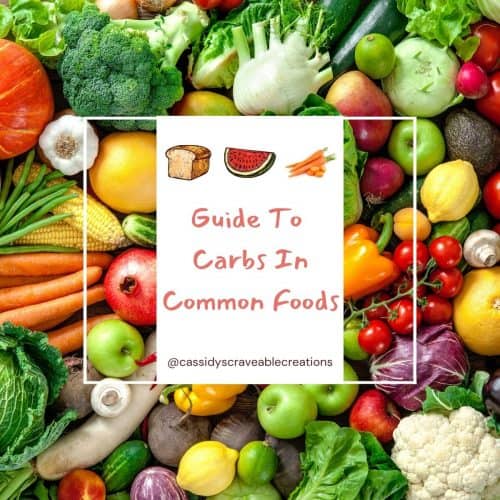
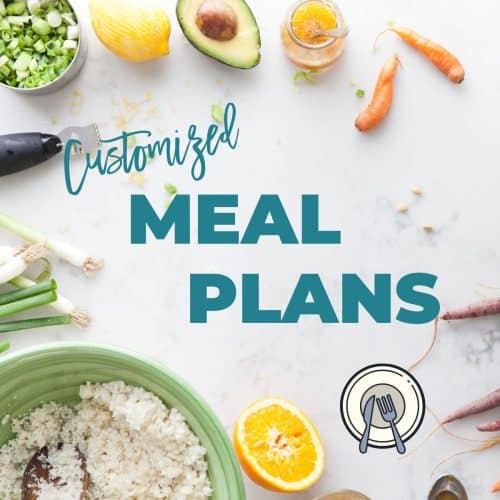
Comments
No Comments